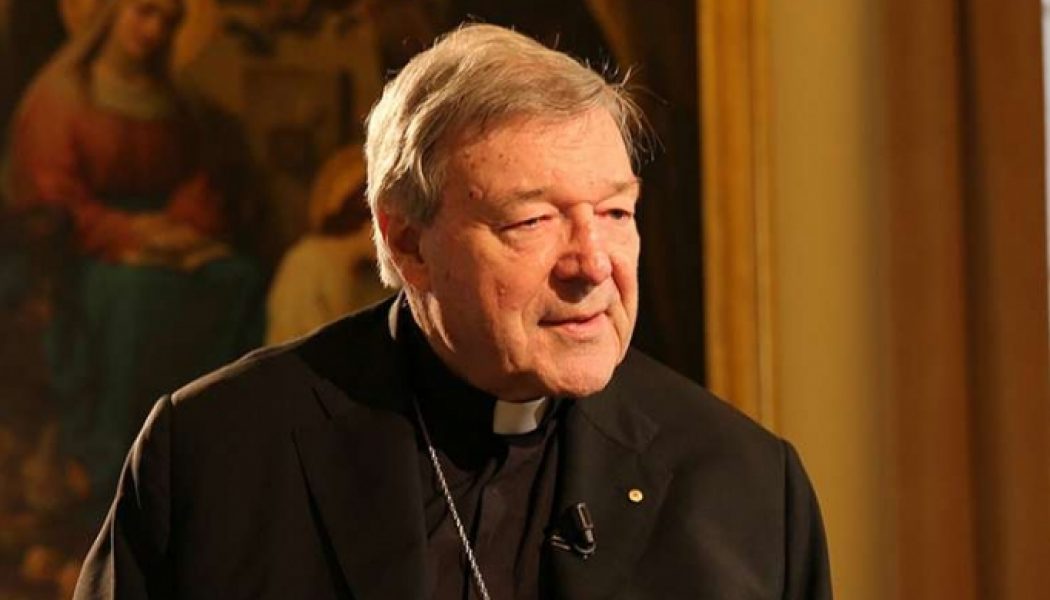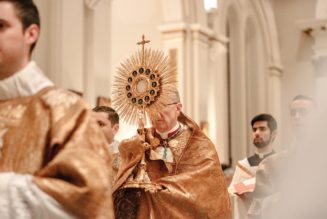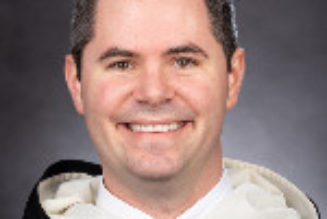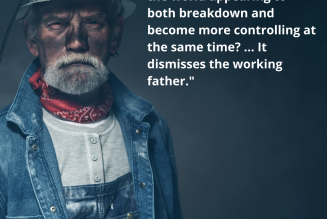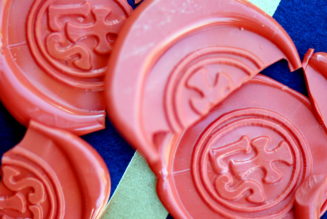
Cardinal George Pell. (Alexey Gotovsky/CNA.)
A seven-member panel of justices decided March 12 they would need more time to consider whether to acquit the Australian cardinal or uphold his conviction.
Legal experts and supporters of Cardinal George Pell are quietly confident he could be acquitted soon and possibly as early as next week after Australia’s highest court deferred ruling on an appeal to overturn his conviction.
After two days of hearings in the Australian capital city of Canberra, a seven-member panel of justices decided March 12 they would take more time to consider whether to allow the appeal which is the cardinal’s last chance to clear his name.
If the High Court justices agree to consider the appeal, which legal experts say is a technicality, they will then immediately decide whether to acquit Cardinal Pell or uphold his conviction.
Such a process would not require another public hearing and could be completed by the middle of next week, although High Court Chief Justice Susan Kiefel did not give a specific timeframe for the court’s decisions.
The case could, in theory, still be sent back to a lower court in Victoria where the earlier trials were held, but legal sources say there is almost “zero appetite and zero likelihood” of that happening.
Melbourne University law professor Jeremy Gans said that Thursday had been a “good day for Pell’’ at the High Court and there was a chance the cardinal may be acquitted, The Australian reported.
“The takeaway from today’s hearing is that Pell’s prospects of succeeding in the appeal are good,” tweeted Shannon Deery, a journalist for the Herald Sun, adding that the court “seemed on side” with the defense but “struggled” with the prosecution.
According to The Australian, two days of hearings wrapped up on Thursday afternoon with the prosecution, Kerri Judd QC, Victoria’s chief prosecutor, dramatically shifting her position on key evidence and poorly presenting her case to the court.
Cardinal Pell, who followed the High Court hearing from prison near Melbourne, is serving a six-year jail sentence after being convicted in December 2018 on five charges of sexually abusing two choir boys as archbishop of Melbourne after Sunday Mass in the city’s St. Patrick’s cathedral in 1996 and 1997.
His legal team, who have been arguing that circumstantial evidence and the inconsistencies of a single witness mean the cardinal could not have been found guilty beyond reasonable doubt, took the case to the High Court after Victoria’s Court of Appeal upheld his conviction last year.
While being grilled by the panel of justices on Thursday, Judd reportedly moved her position on the timeframe when Cardinal Pell could have molested the boys in the cathedral, changing the time from a five or six-minute window of opportunity for offending to saying the time could not be specified.
The issue of whether the cardinal had sufficient time to carry out the abuse is one of a number of contested points in the case, with the cardinal’s legal defense arguing it would have been impossible, also as he would have been greeting parishioners on the cathedral’s front steps at the time the abuse is said to have taken place.
Judd urged the justices on Thursday to look past that fact, saying there were some “inconsistences” in a witness’ recollection of that day. On the point of whether the cardinal could be guilt beyond a reasonable doubt, Judd said “just because some evidence pointed to innocence doesn’t mean the jury wasn’t entitled to convict.”
On Wednesday, Cardinal Pell’s lead barrister, Bret Walker, responded to questions from the justices, during which he outlined a case for appeal based on the findings of Justice Mark Weinberg, one of three judges during last years’ appeal.
Weinberg, who dissented from two other justices and their decision to uphold the cardinal’s conviction during that hearing, criticized the original conviction for being based on a single victim and 20 witnesses testifying in the cardinal’s favor.
During Wednesday’s hearing, Walker criticized the lower court of appeal for adopting a “piecemeal or one-by-one approach” to the evidence put forward, and thereby was able to conclude in each case that what the defense had described as “impossible was not impossible.” This made the inquiry go down a “terribly damaging wrong route,” he argued.
John Macauley, who served Mass for Cardinal Pell at the same cathedral where the offences are said to have occurred, told the Register on Thursday he is now “quietly confident the cardinal will be acquitted.” Speaking from Canberra where he had joined many friends of the cardinal at the hearing, he said he found it hard to envision any “remaining dissent” among a majority of the panel’s seven justices, a number of whom would be far from sympathetic the Church.
Macauley said he expected that the court will reconvene next week “not just for Pell’s acquittal but for a resounding exoneration” as there was “neither the time or the opportunity for the offences as asserted by the prosecution to have happened.”
Should four or more of the seven High Court justices decide early next week that Cardinal Pell should be acquitted, then the cardinal will be immediately released. A detailed written decision would then be handed down within a month or two.
Despite the crown prosecutor conceding key planks of their case on Thursday, Macauley said the mood was far from celebratory.
“Even if there had been an acquittal this afternoon, this would go down as one of the saddest affairs in Australian legal history,” he said.
Once the Australian appeal hearings have definitively concluded, the cardinal is likely to face a canonical proceeding by the Congregation for the Doctrine of the Faith, CNA reported.
